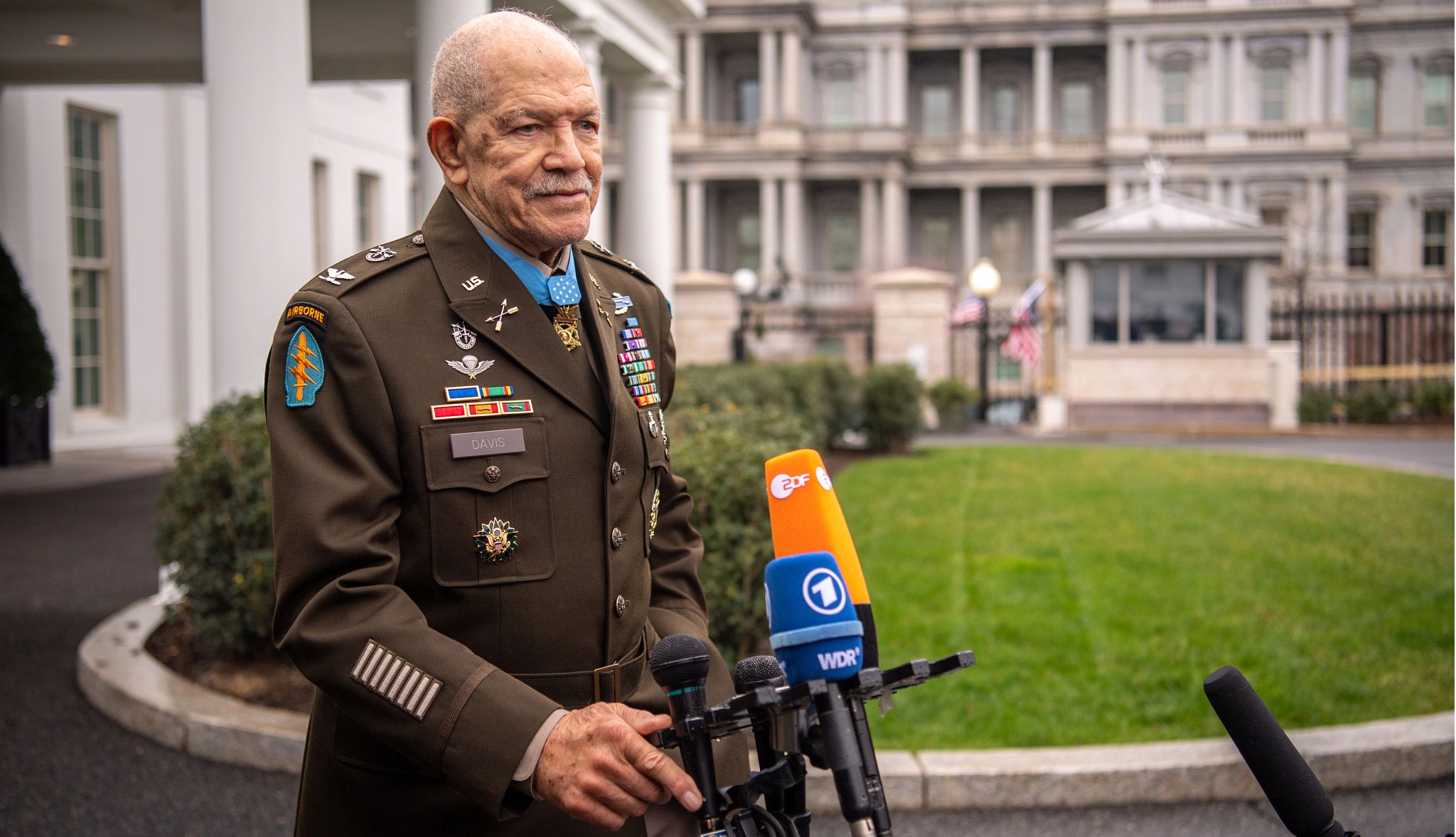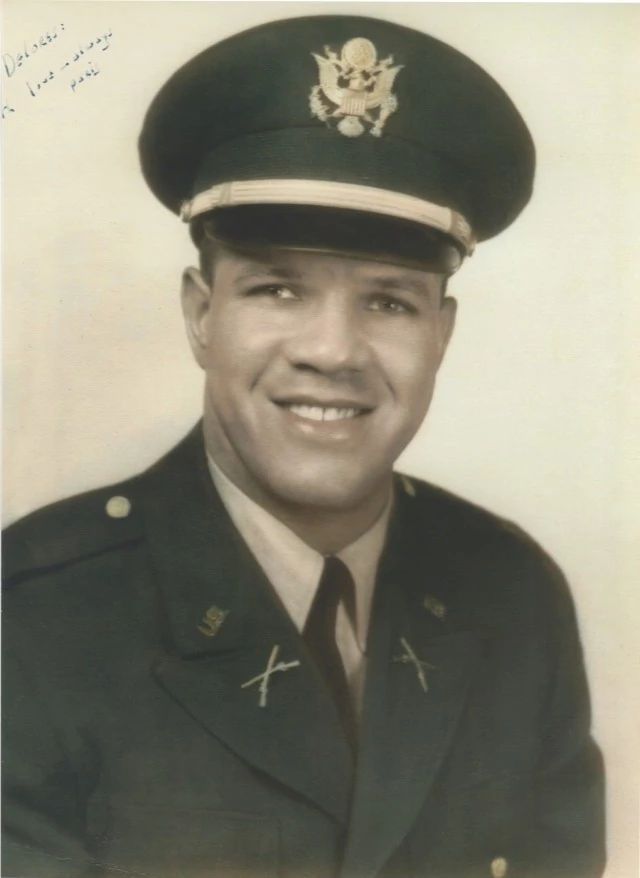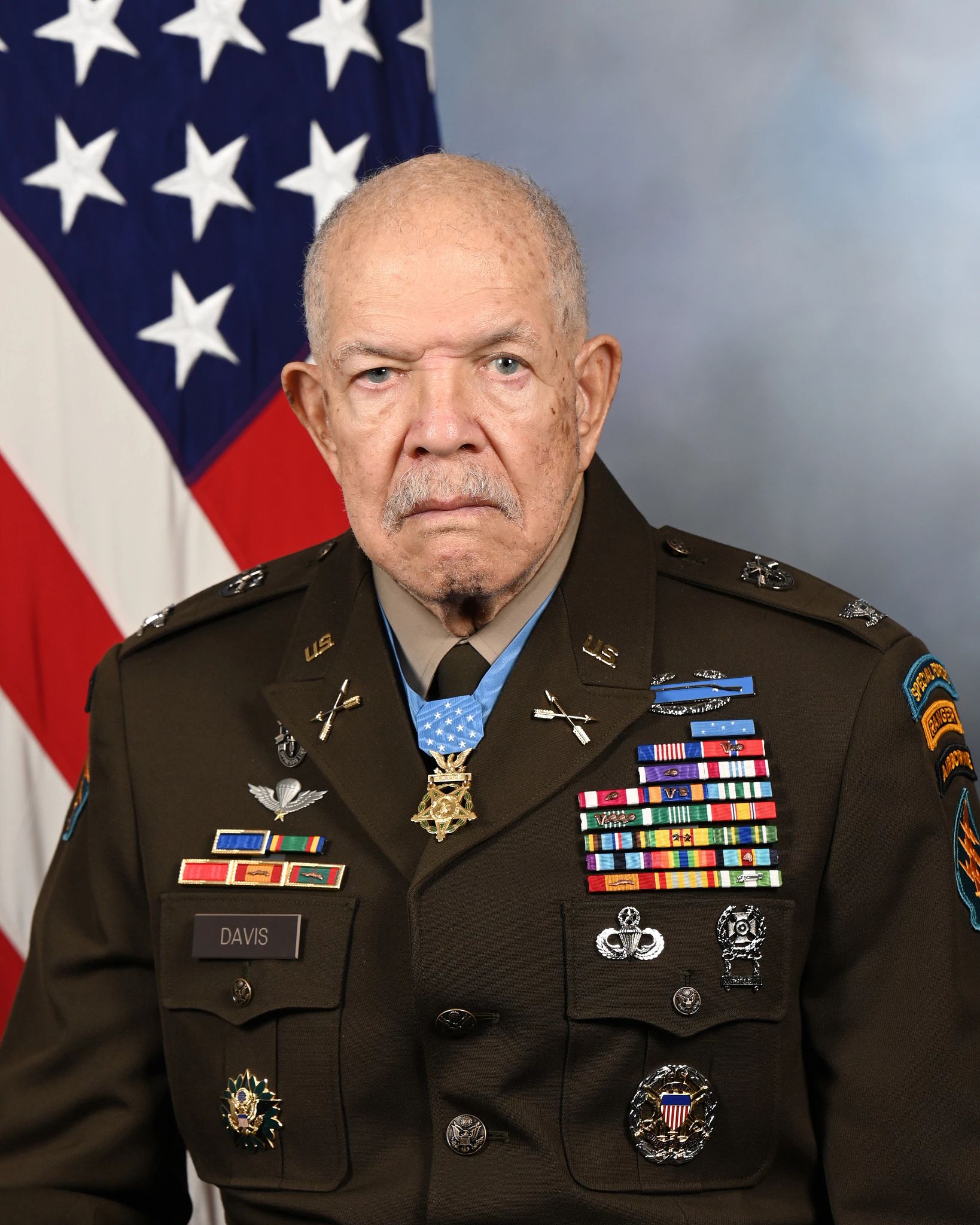AARP Hearing Center


There are few clubs more esteemed or exclusive than the living Medal of Honor recipients.
What has life been like after that day of courage amid death and terror in Vietnam, Iraq or Afghanistan? Every recipient has a different story. In this series we examine what came after that moment of extraordinary courage.
Paris Davis, 85: Awarded the Medal of Honor in 2023.
The Special Forces was fairly new at the time. It was a small group, formed to be the eyes and ears of America in battle, and to help keep us safe. When I started my training, I had already gone through Army Ranger and Airborne school. Earning my way into the Special Forces was no bowl of cherries.
We did a lot of classroom work, we jumped out of airplanes, and we did all kinds of things with weapons. A lot of people did not like the idea of me joining the Special Forces, and they were hoping I wouldn’t make it. But I wouldn’t back away. The more I did to prove that I could make it as a Green Beret, the stronger I became, the more friends I made and the easier it became. According to an article I saw in The New York Times, I was one of the first Black soldiers in the Special Forces.
A brutal two-day battle
In the spring of 1965, I was 26 years old and stationed in South Vietnam. We found out that there were a couple of places where the Viet Cong were sending troops down to about 25 kilometers from where we were located. We were going to have a showdown. The big battle at Bong Son was the result. It lasted a little over two days—mainly June 17 and 18, 1965.


I was with the 5th Special Forces Group (Airborne), 1st Special Forces, and the commander of a small operation called Team A-321. There were four Americans in that operation—myself and three others. We were there training a force of local volunteers from Vietnam. The battle was on. According to my official citation, “Captain Davis’s advice and leadership allowed the company to gain the tactical advantage, allowing it to surprise the unsuspecting enemy force and kill approximately 100 enemy soldiers.”
Following an ambush, I had a situation where I went out to get three of my fellow Special Forces soldiers who got spread out and bring them back to safety. [Also from the official Medal of Honor citation: “Captain Davis constantly exposed himself to hostile small arms fire to rally the inexperienced and disorganized company. He expertly directed both artillery and small arms fire.... Although wounded in the leg, he aided in the evacuation of other wounded men of his unit, but refused medical evacuation himself. Then, with complete disregard for his own life, he braved intense enemy fire to cross an open field to rescue his seriously wounded and immobilized team sergeant.”]
































































You Might Also Like
Why I Received the Medal of Honor Over 50 Years After Service
Cherokee veteran Dwight W. Birdwell on heroism in VietnamMeet a Real-Life Rosie the Riveter
Now 98, Mae Krier fought for decades for a salute to the women of WWIIHow the Medal of Honor Changed My Life
The story behind ‘the real Forrest Gump,’ veteran Sammy Lee DavisRecommended for You